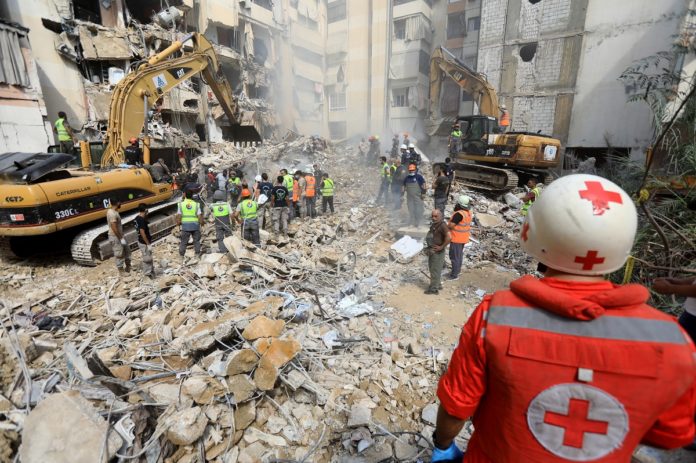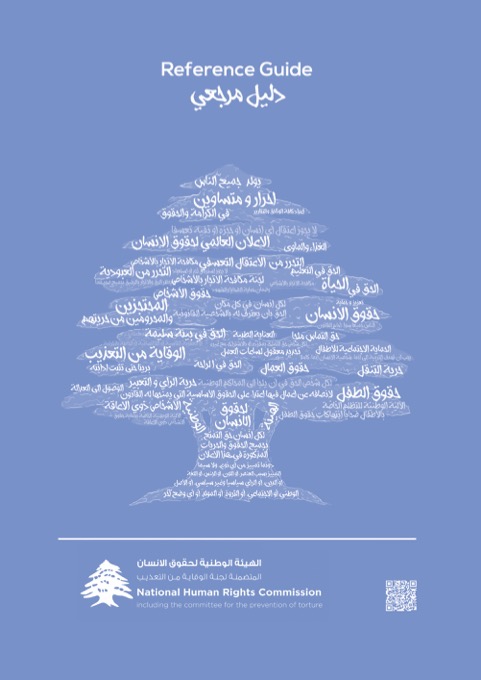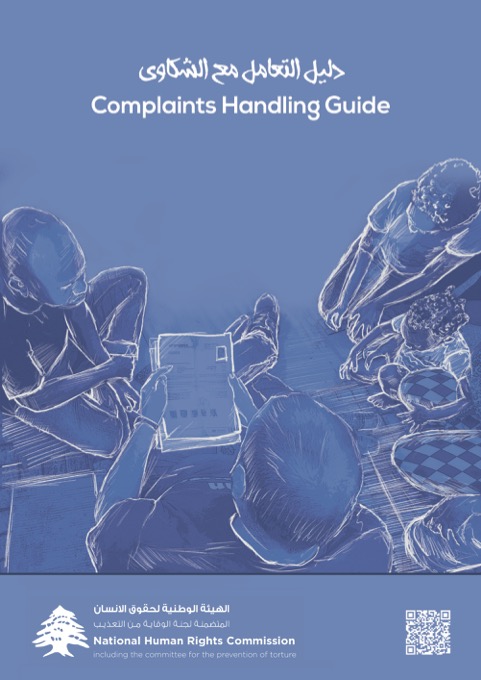هذه المقالة متاحة أيضًا بـ: العربية (Arabic)
According to The OCHA Lebanon Flash Update, as of 7 October 2024:
- 2,083 people killed and 9,869 injured since 8 October (MoPH).
- 608,509 persons internally displaced since 8 October 2023, of which 52% female and 48% male (IOM).
- 180,700 people seeking refuge in 978 collective shelters, of which 775 (80%) have already reached capacity (DRM).
- 350,000 children have been displaced by the ongoing conflict (UNICEF).
SITUATION OVERVIEW
One year on from the escalation of hostilities across the country’s southern border, Lebanon’s humanitarian crisis is deteriorating at an alarming rate. Israeli airstrikes have not only intensified but also expanded into previously unaffected areas and increasingly targeted critical civilian infrastructure. The relentless bombardment is amplifying the suffering of vulnerable populations. In a single day – 6 October, more than 30 airstrikes struck the Beirut southern suburbs and surrounding areas frightening residents and forcing additional displacement from densely populated areas, including Shatila Palestine refugee camp. Airstrikes in the south and east of the country continued at high intensity over the past days. Lebanon’s Ministry of Public Health (MoPH) has reported over 2,083 conflict-related deaths and 9,869 injuries since 8 October 2023. Displacement figures have surged, with 180,700 people seeking refuge in 978 shelters, 775 of which are already at full capacity (80 per cent of available shelters). With the start of the new school year further delayed, to 4 November, UNICEF reports that about 350,000 children have been displaced by the ongoing conflict.
Now issued on a daily basis by the Israeli army, displacement orders for more than 100 villages and urban neighbourhoods across southern Lebanon continue to force people to flee, pushing many up to 30 km north. One quarter of Lebanese territory is now under Israeli military displacement orders, according to the Office of the High Commissioner for Human Rights (OHCHR).
Lebanon’s Health sector is under immense pressure of relentless attacks on healthcare facilities and personnel. Since 8 October 2023, at least 87 health workers have been killed while on duty, and at least 98 primary health care centers (PHCCs) have been forced to close. Hospitals in southern Lebanon are shutting down due to damage sustained in attacks and supply shortages, with at least three suspending operations entirely.
International humanitarian law requires parties to take all feasible precautions to avoid harm to medical facilities, and to respect and protect the wounded and sick and ensure they receive the medical care they require.
The Education sector in Lebanon similarly faces enormous challenges, with the majority of public schools currently repurposed as collective shelters: 75 per cent of the 978 shelters are in public schools. On 6 October, the Ministry of Education and Higher Education (MEHE), announced that public schools, many of which have been turned into shelters, would postpone the start of the school year to 4 November. The impact on it is profound, and particularly severe for displaced children. Additionally, damage to school infrastructure in heavily bombarded areas, including Beirut’s southern suburbs and southern Lebanon, poses further challenges to the eventual resumption of education.
Gravely concerned about the human toll of the escalating violence across the country and in particular the large number of civilian casualties, including children and women, and massive displaced, the humanitarian community is, exhorting all parties to protect civilians and humanitarian workers as a top priority, in conformity with their obligations under international humanitarian law. Extensive civilian harm is occurring due to explosive weapons in densely populated areas and forced displacement orders. Urgent action is necessary to shield civilians from escalating violence and ensure that humanitarian and aid workers can safely deliver critical support. Simultaneously, immediate funding is essential to address the growing needs, as without it, efforts to protect civilians and provide life-saving assistance will remain severely constrained.


